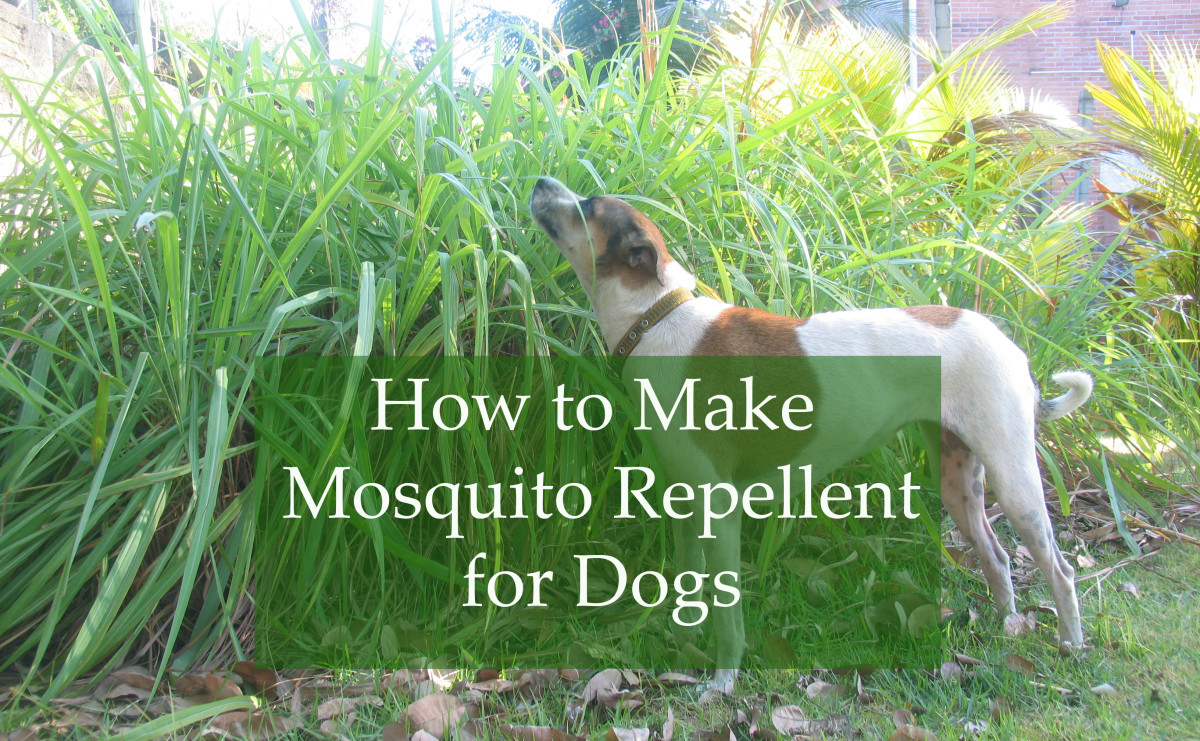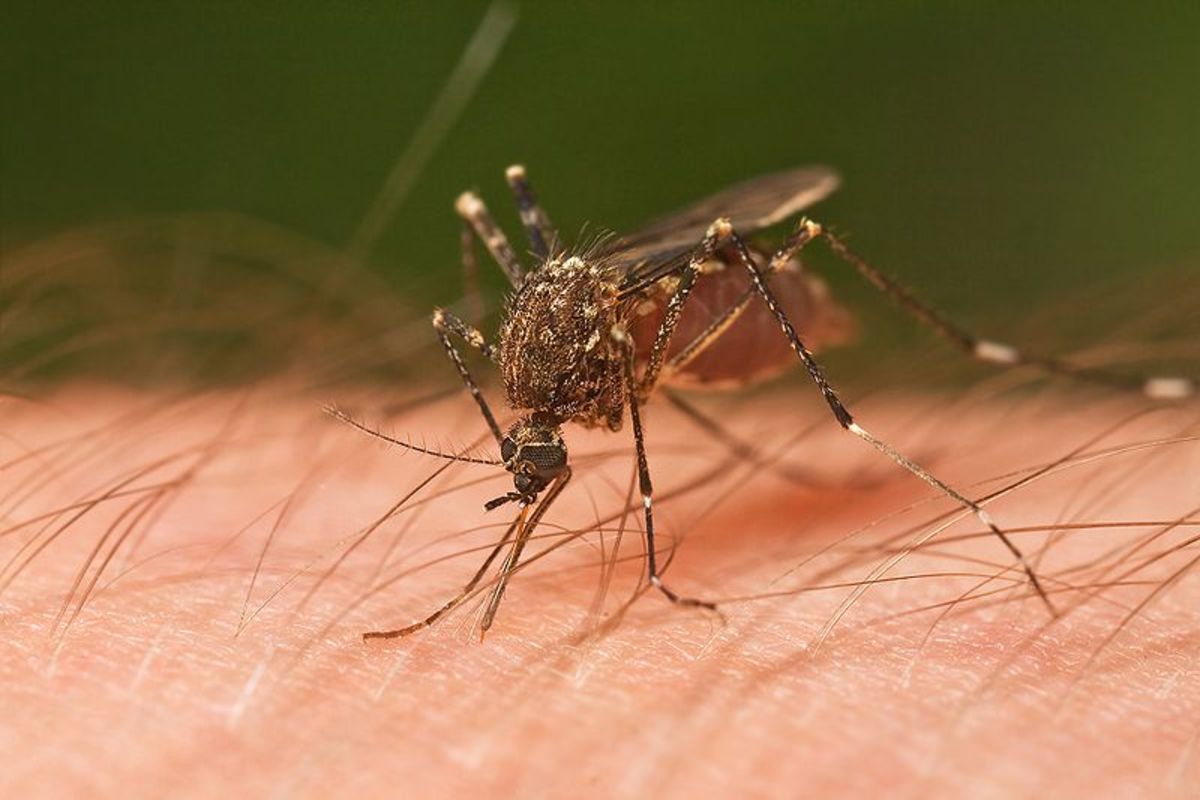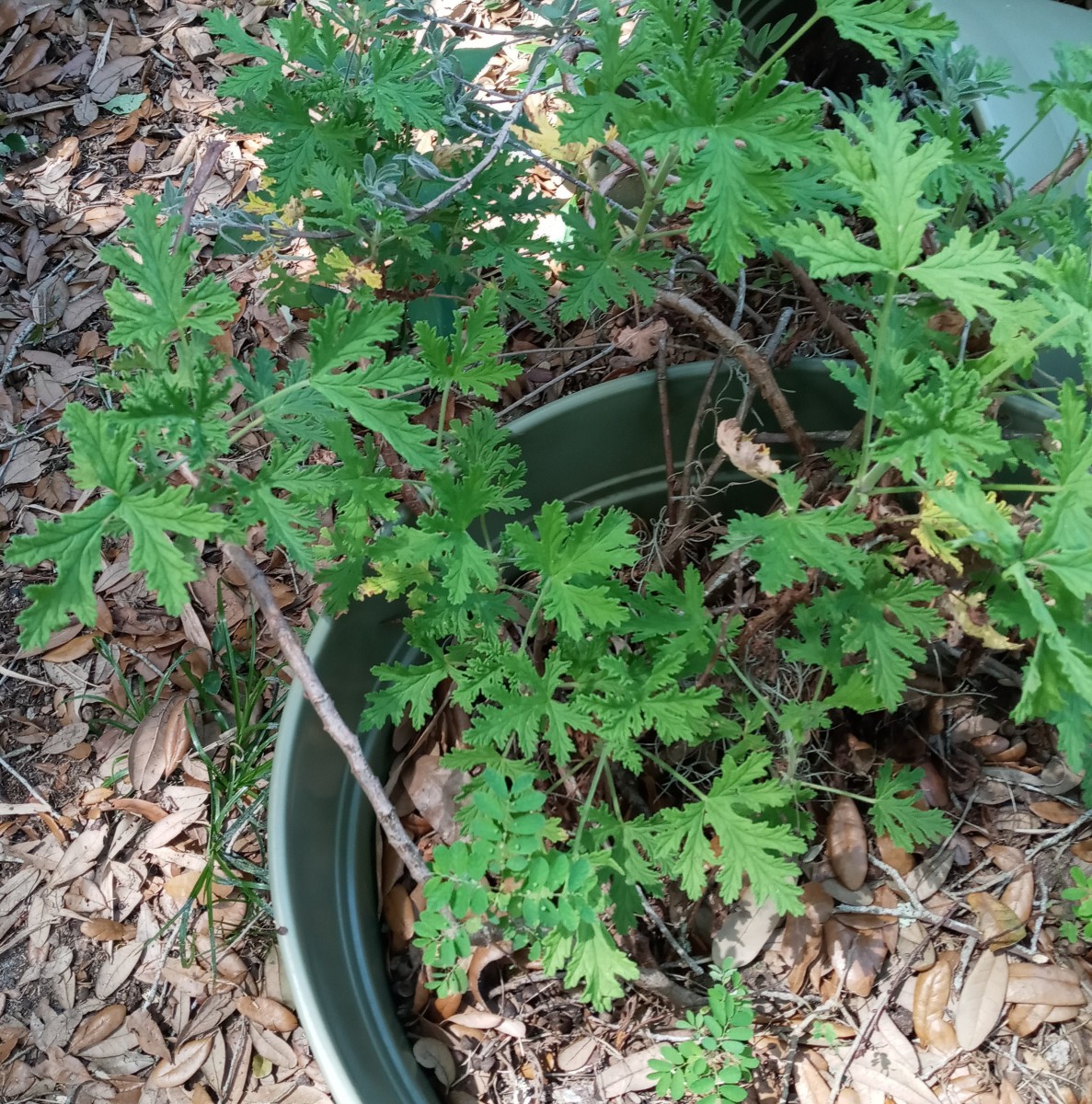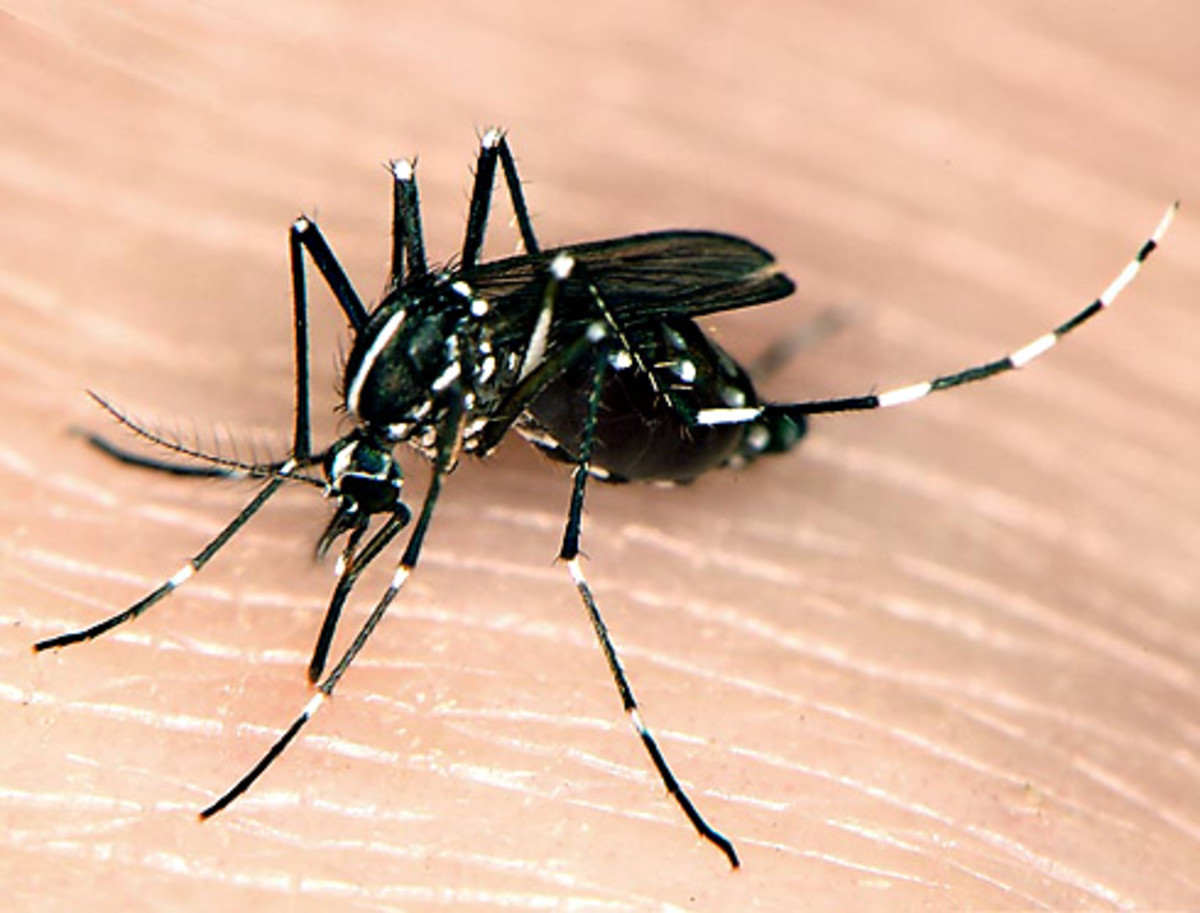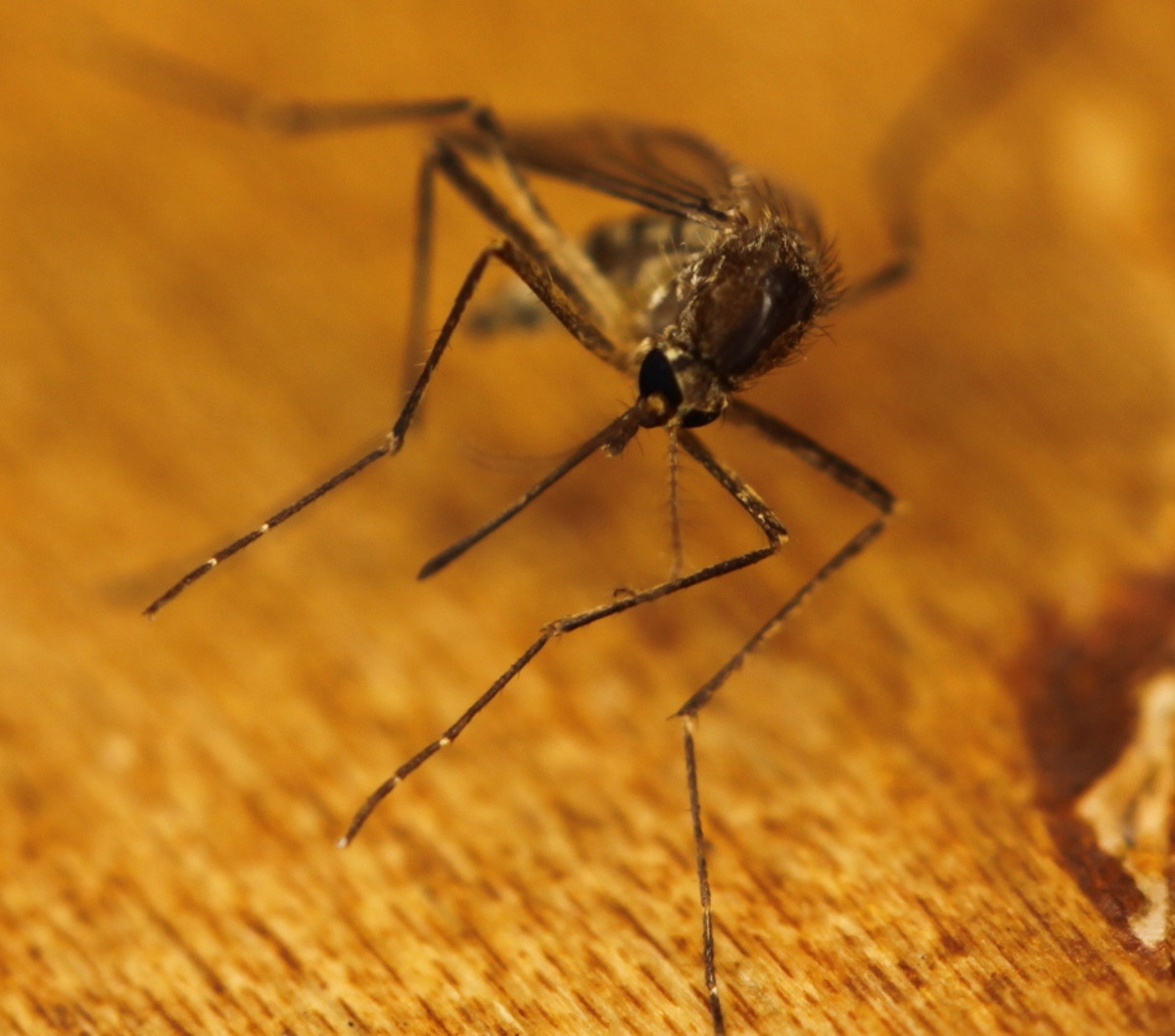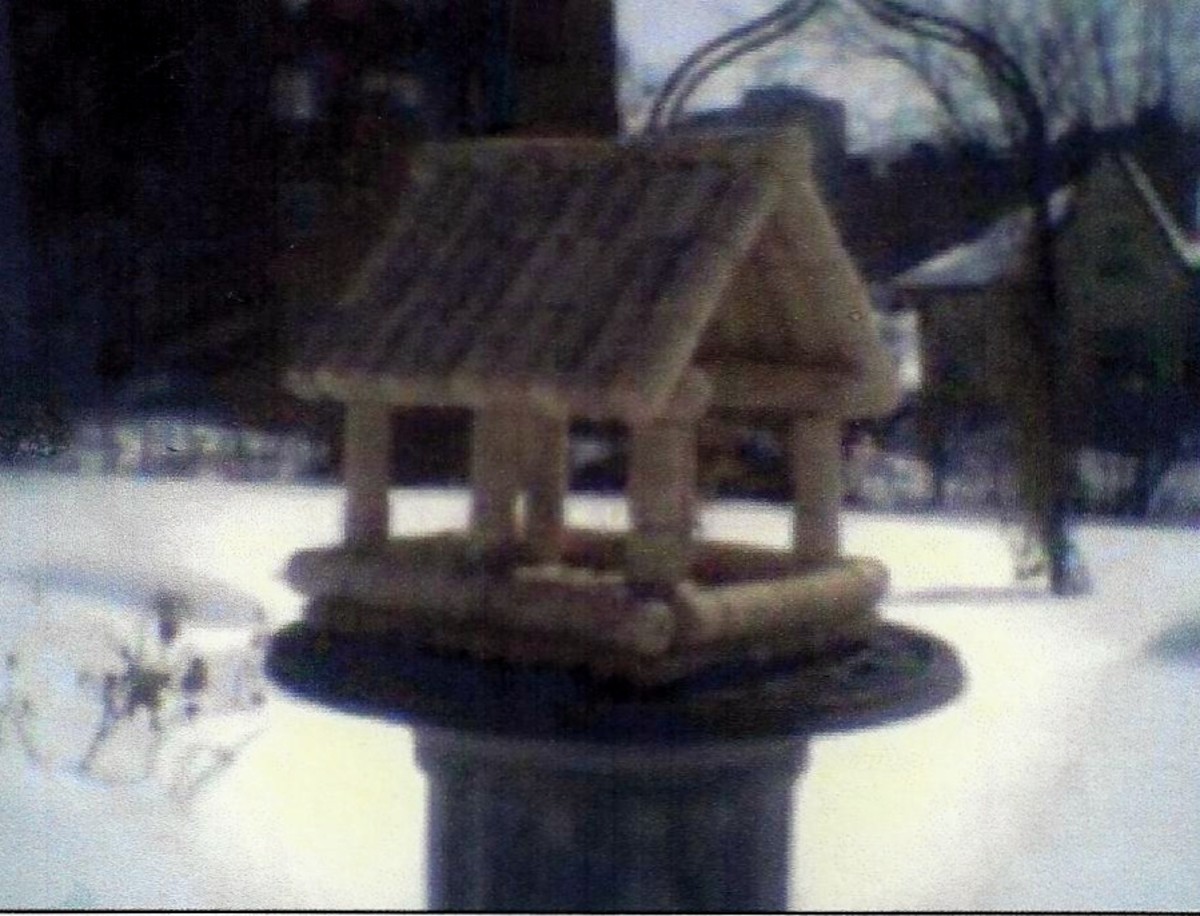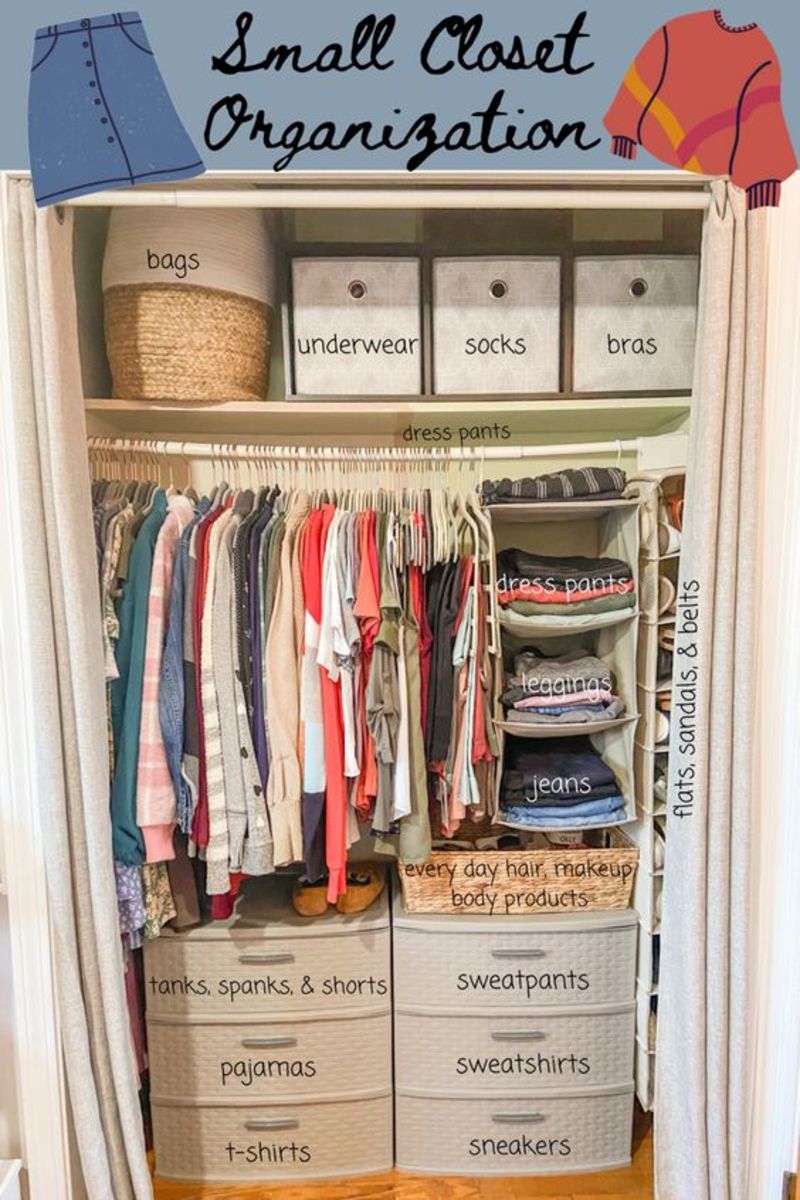Add a Citronella Plant to Combat Mosquitoes in Your Outdoor Living Space
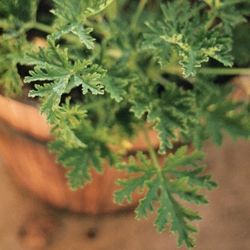
Combat Mosquitoes the Natural Way With a Citronella Plant
An outdoor living space is a great place to spend time with family and friends. Unfortunately, pesky mosquitoes can put a damper on the fun and send the festivities indoors. To combat mosquitoes during the summer months, many people will often burn citronella candles, torches with citronella oil, or use bug sprays containing the DEET chemical in an effort to repel these unwelcome guests.
Mosquitoes create more cause for concern than just the itchy, red bites they leave behind. There are a number of diseases that mosquitoes can carry, including the West Nile Virus which has been on the rise in recent years. From 2011 to 2012, there was an 800% increase in the number of confirmed cases (more details on this below).
Did you know that there are citronella plants that you can use around your patio or garden to combat mosquitoes the natural way? There are also several other varieties of plants that will naturally repel mosquitoes and other undesirable insects. So put away those insect sprays and avoid the potentially toxic DEET chemicals. Consider adorning your patio or garden with some of these plants that mosquitoes will naturally avoid.
(Image Credit to Gina Pina - Licensed via Creative Commons with Attribution)
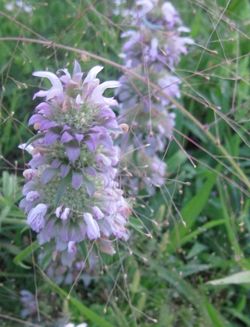
Mosquito-Repelling Plants
My Recommended List
There are a number of plants that you can choose for your outdoor living space that have natural, mosquito-repelling qualities.
The Citronella plant is a well-known repellent since its oils are used in candles and lotions. If you choose a Citronella plant, make sure it is a true variety (Cybopogon nardus or Citronella winterianus). Some plants are sold for their "citronella smell" but don't have the mosquito repelling effects.
- The Citronella Mosquito plant (shown below) is a genetically engineered geranium that makes for an attractive, potted plant. It has an attractive leaf and nice lemony scent.
- Horsemint (also known as Bee Balm) is a fast growing, shade-tolerant and drought-resistant plant which reaches a height and width of 2 - 3 feet. It gives off a strong incense-like odor, and will attract bees and butterflies to your garden. It is an adaptable perennial plant which repels mosquitoes much the same as citronella. Horsemint has a beautiful bloom, which you can see pictured to the right.
- Marigolds are often used as ornamental border plants and are hardy annuals which have a distinctive smell that mosquitoes find particularly offensive. They contain Pyrethrum, which is a compound used in many insect repellents. Although it is considered an annual, marigolds will often reseed themselves in favorable conditions.
- Ageratum is also commonly referred to as Flossflowers. It is an ornamental plant that will grow to a height of 8" to 18". It is well known for its blue flower, and will grow well in soil that is not very rich. Ageratum emits a scent that mosquitoes do not particularly care for. It secretes coumarin, which is substance that is frequently used in commercial mosquito repellents.
- Catnip is known by the scientific name Nepeta cateria, and it is a natural mosquito repellent. I was amazed to learn that entomologists at Iowa State University reported that catnip is ten times more effective than DEET (the chemical found in most commercial insect repellents). You might have to deal with a few cats in your garden, but hey... if it keeps the mosquitoes away I'm all for using it.
(Image Credit to goldenecho - Licensed via Creative Commons with Attribution)
Selection of Mosquito Repelling Plants
Here are some quick links where you can find potted plants or seeds for each of the varieties that I have mentioned above. While most people think about the citronella plant because of the use of its oils in candles, there are many other options. Consider planting a variety of these species in your flower garden, around your deck or patio, and around your home to combat mosquitoes.




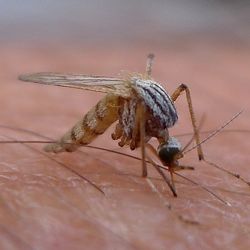
USGS Statistics for West Nile Virus
Cases are on the rise - Why you should be concerned
The United States Geological Survey (USGS) is a scientific agency of the United States government. It specializes in the study of the landscape, its natural resources, and the natural hazards that threaten it.
You can review the alarming statistics that they have gathered about the number of annual cases of the West Nile Virus (WNV) by clicking here.
In 2011, there were 712 confirmed human cases of WNV in 43 of the U.S. States (plus cases in the District of Columbia). In 2012, this number increased to 5,674 confirmed human cases in 48 of the U.S. States (plus cases in the District of Columbia and Puerto Rico). Alaska and Hawaii were the only states without reported cases in 2012.
The government has been taking steps to spray for mosquitoes, remove standing water where they breed, and increase public awareness. West Nile virus is not just a problem in America. The virus is commonly found in Europe, Africa, the Middle East, and West Asia as well.
(Image Credit to John Tann - Licensed via Creative Commons with Attribution)
Use Natural or Chemical Mosquito Repellents?
We are exposed to so many different chemicals these days. I am personally in favor of trying to use natural products instead of chemical-based products when ever possible. There is no doubt that many of the chemical products work well, but there are substitutes and alternatives available for many of the chemicals we use on a daily basis.
Would you prefer to use natural or chemical-based mosquito repellents around your home?
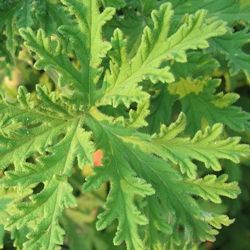
Other Plants to Consider for Repelling Mosquitoes
A wet Spring is great for the health our lawns, trees and flower gardens. Unfortunately, a wet Spring usually results in an increase in the amount of mosquitoes we have to deal with during the Summer months.
It can be such a bummer to try to spend a pleasant evening outdoors, only to get eaten alive by those pesky mosquitoes. You can spray yourself and your kids head-to-toe with chemical repellents, or opt to try some natural repellents around your patio and garden.
I have listed some of the more common plants that are known for deterring mosquitoes above, but there are also some other options that you may want to consider. These plants seem to have natural oils and scents that these bugs want to avoid, which is a bonus for us.
Here is an additional list of the plants that people have had luck with when trying to create a mosquito-free environment.
- Citronella Grass
- Basil
- Catnip
- Rosemary
- Marigolds
- Geraniums
- Cedar
- Verbena
- Pennyroyal
- Lavender
- Pine
- Cinnamon
- Lemon Balm
- Thyme
- Allspice
- Garlic
- Peppermint
Make sure you consult with your local garden center to ensure that these plants will grow well in your local area. Best of luck to you in creating your own mosquito-free, back yard paradise!
(Image Credit to suzyq212 - Licensed via Creative Commons with Attribution)
Garden Show Video About Mosquito-Repelling Plants
So, are you not convinced that mosquito-repelling plants work? Check out this great, short video from Garden Time TV where they discuss the benefits of using several varieties of plants around your home or garden. One that they mentioned that I was not aware of was Basil.
These professionals even recommend checking with your local gardening center, where you can get additional advice about the types of plants that you can use in your region.
How Do You Combat Mosquitoes?

Mosquitoes are a problem around the world, so unfortunately we all have to deal with them Which of the following methods do you use to combat mosquitoes when outdoors?
How do you prevent mosquito bites around your deck, patio, or yard?
I hope you found the information about plants that repel mosquitoes naturally helpful.
I would love to hear where you think about this lens.
Please let me know if you know of any other plants that can naturally repel mosquitoes.
Have any questions? Feel free to ask and I'll try to get you an answer!

